Between Rikshas and Tata buses: Doing Field Research in Bangladesh
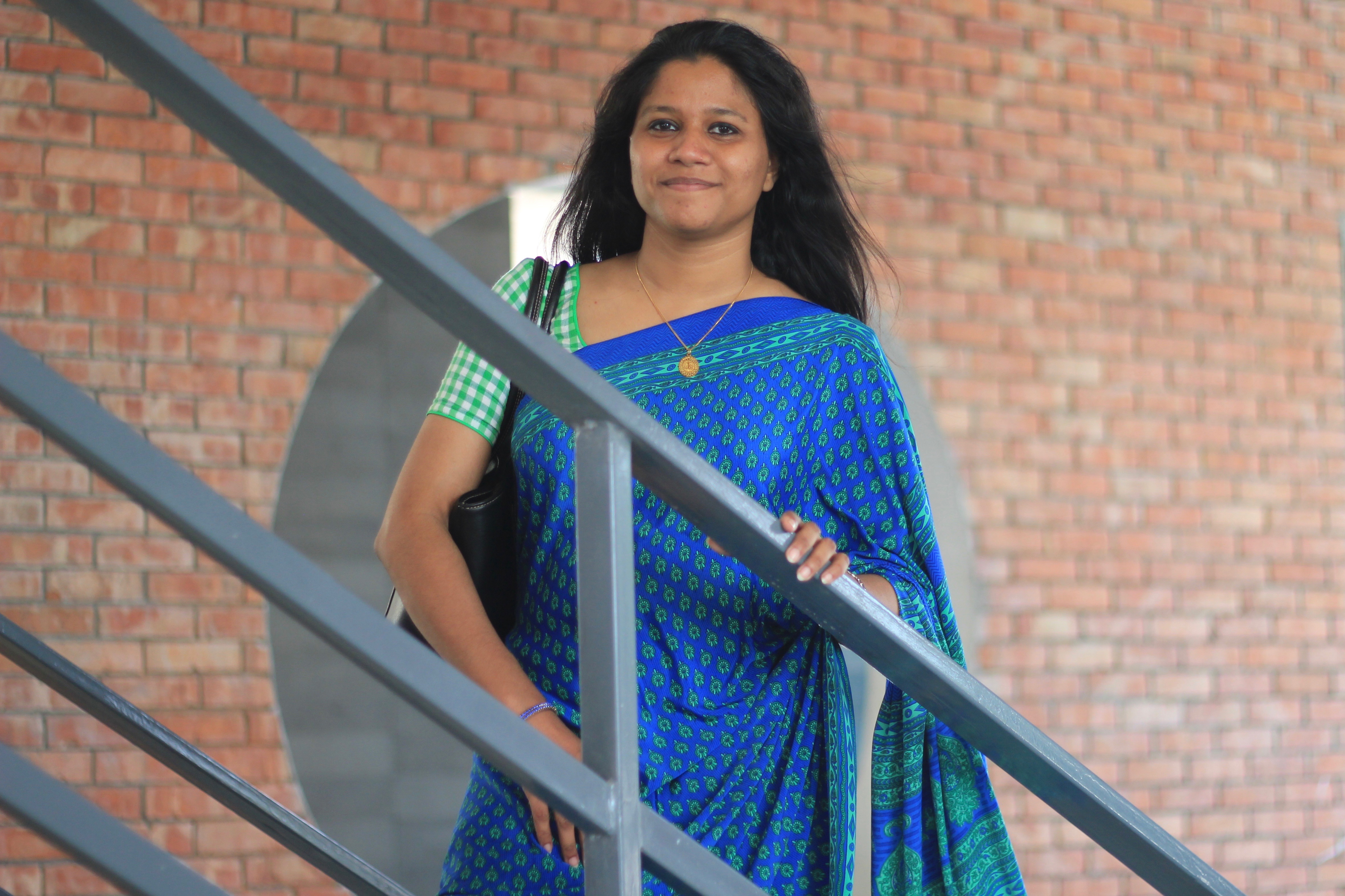
Apu Nahid in her pretty Sari.
Before handing in her thesis, Sarah Jensen from CBS found herself in the streets of Bangladesh with her thesis partner to investigate female entrepreneurship and financial inclusion. Hit the road together with her in her photo essay and read about her experiences.
Photo essay | 26. Jun 2018
Texts and photos by Sarah Jensen, master student at CBS
The journey of writing a 120-page master thesis at CBS consists of many different components. One of them is the collection of data. Our master thesis focuses on female entrepreneurship and financial inclusion in Bangladesh, and in that regards, we went on a two-week field trip in the area of Dhaka and Khulna.
We chose Bangladesh due to the particularly interesting traits in regards to female entrepreneurship and financial inclusion, and due to the collaboration with the organization that we worked with.
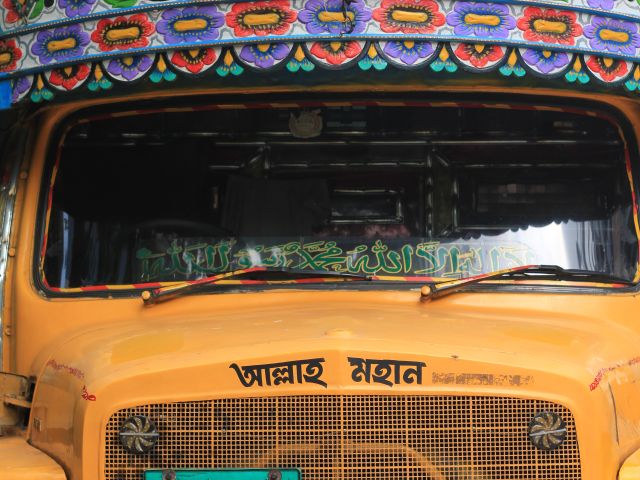
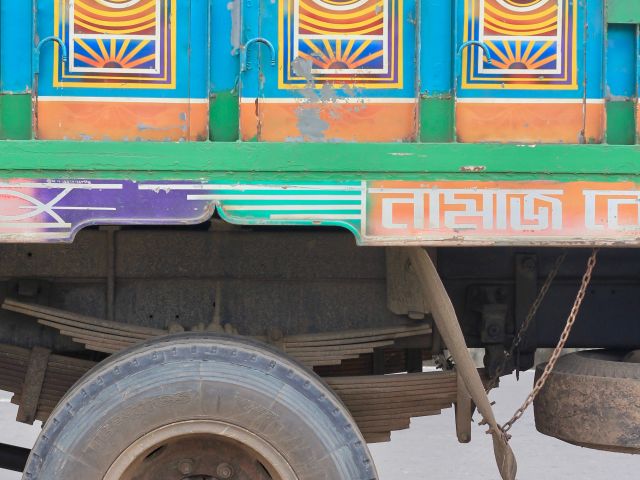
We could not have conducted this field research without the indispensable support of our colleague and friend named Monami Zaman. When conducting qualitative interviews in Bangla, Monami provided appropriate language skills, comprehension of the context, interpretation skills and patience as she translated and interpreted the responses from the participants.
She balanced these tasks all at once while simultaneously staying focused and paying attention to details.
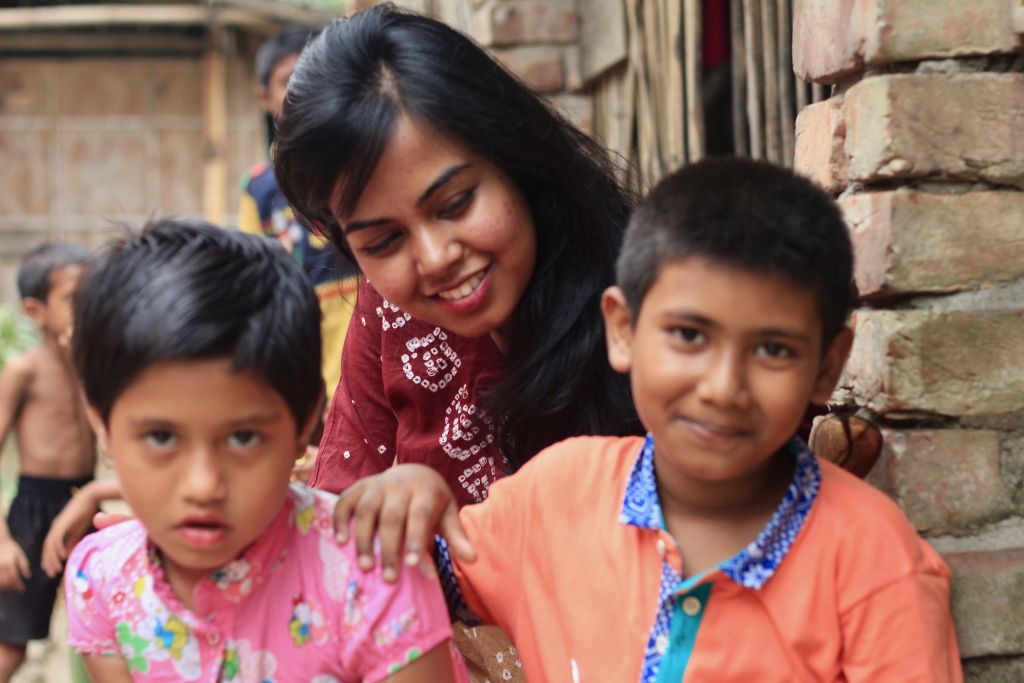
Monami after an Interview, sharing a Moment with two Children.
The short breaks and car rides in between the interviews were filled with naps, laughs, and conversations about our interests and backgrounds. While doing so, we sipped some tea in the streets and tasted the delicious Bangladeshi food, such as porota, aloo bhorta, and chui jhaal to mention only a few.
Besides the importance of facilitating the conduct of interviews, the administrative and logistical requirements for field research need to be in place. As an experienced gender specialist, Nahid A Siddqui both contributed to the conduct of the interviews, and greatly planned and facilitated the field trip: Interviewees should be informed beforehand so that they could schedule time with us, transportation service and accommodation needed to be organized, question guides and confidentiality agreements had to be prepared, and the list continues.
But Nahid A Siddqui taught us much more than that: She showed us the beauty of Bangladesh. She also taught us a few Bangla words, and how to wear a Sari dress. And she gave us insights on how to find a way through the labyrinth of culinary delights and spices.
Our best experience was defintely the personal and cultural exchange, the warm and kind people, and the local food.
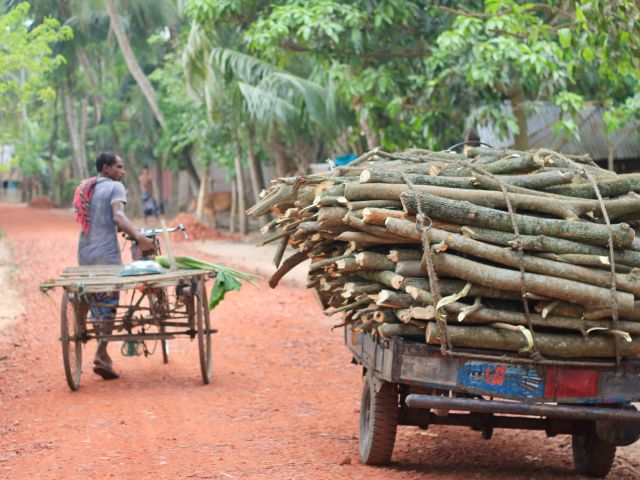
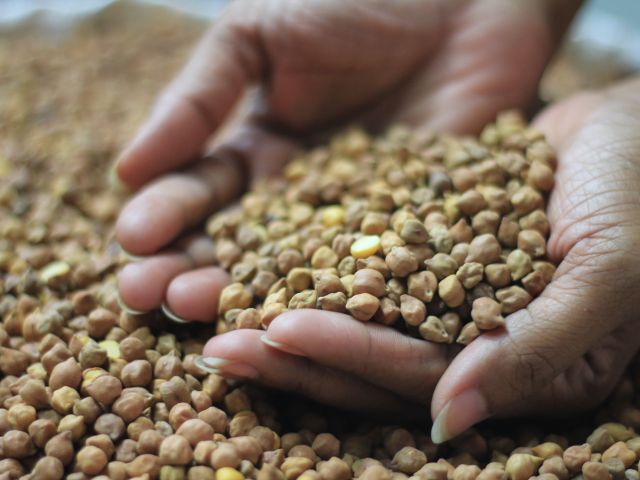
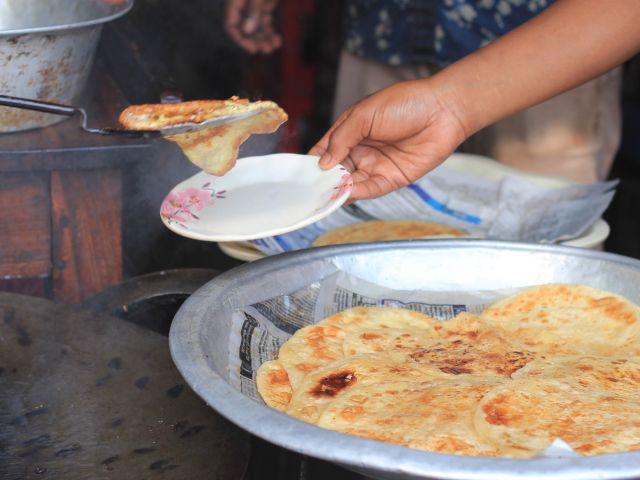
It is for these reasons that field research is more than just field research: Conduct of interviews, translation, interpretation, note taking, administration, planning.
Above all, doing field research is about trust. The evolving friendships and ties constitute the basis to work closely together, and contribute to the learning process along the bumpy road that is part of field research, and generally also part of our lives. Relationships keep us together, give us energy and, with all its facets, form the source of life.
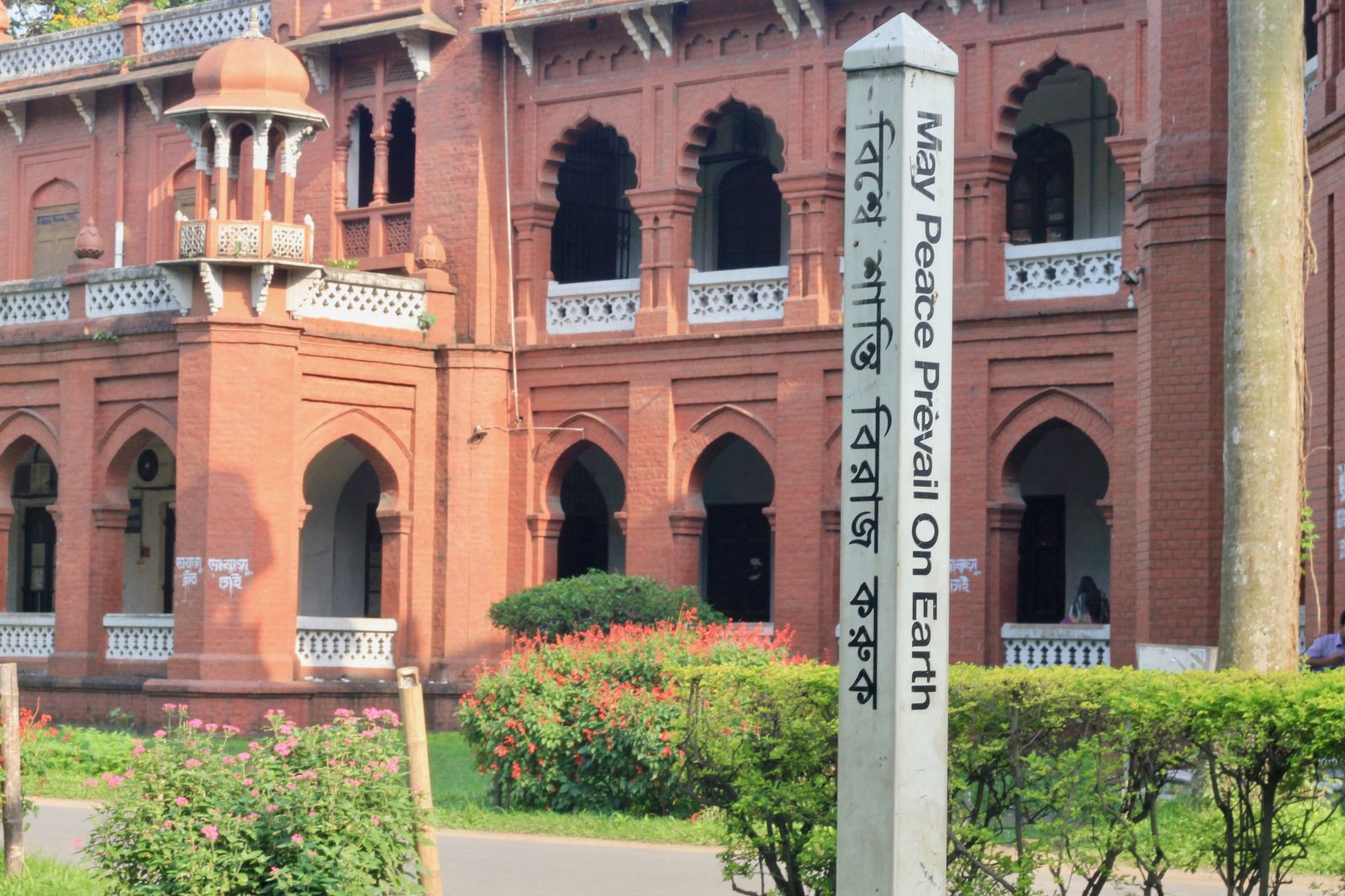


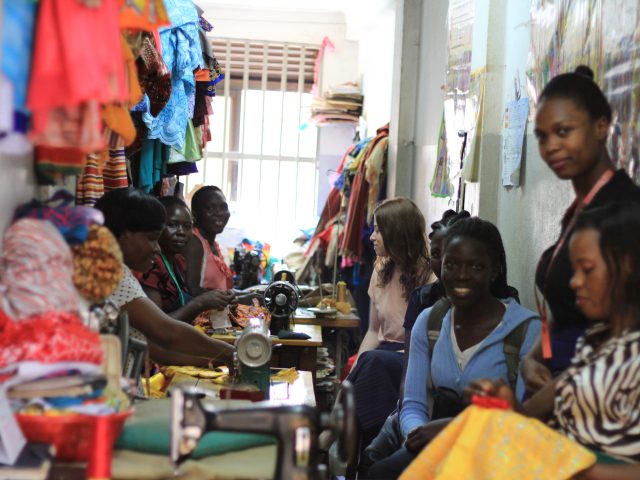
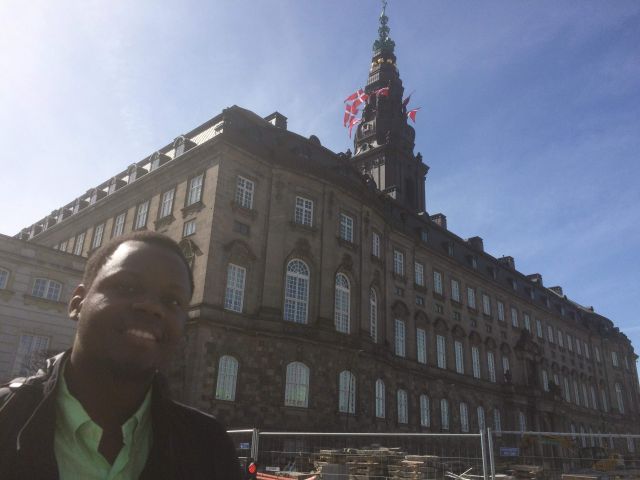

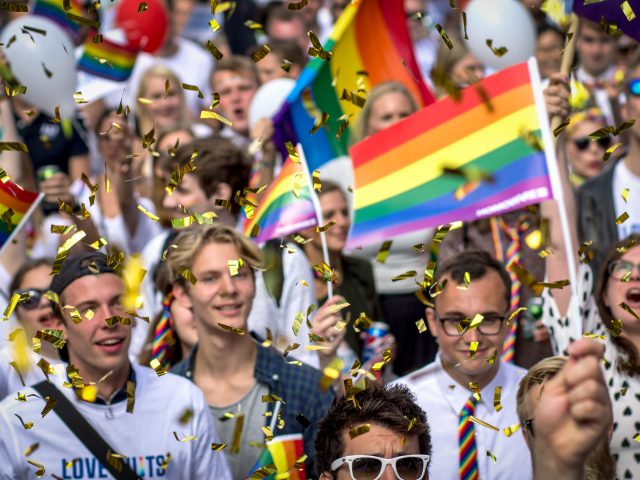




























































































































Comments